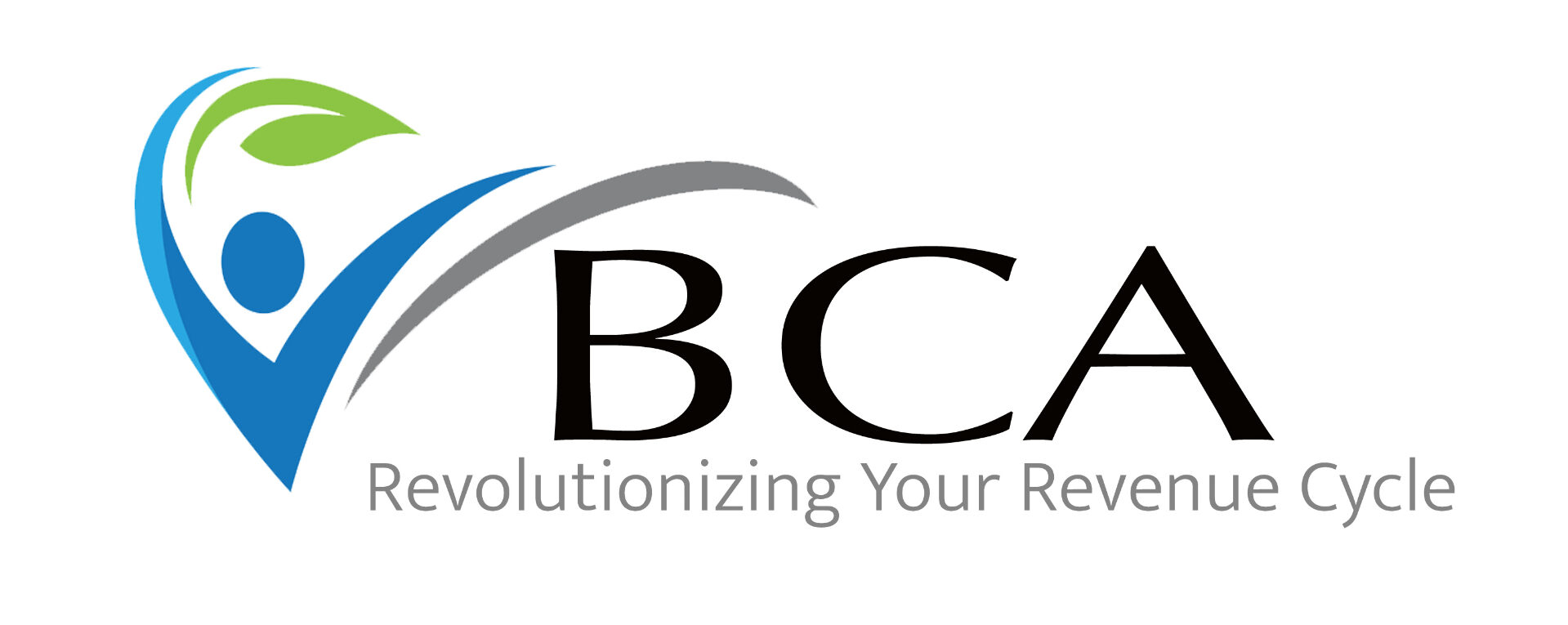Healthcare compliance audits are fundamental to the integrity and excellence of behavioral health services. They act as a critical safeguard, ensuring adherence to complex legal and regulatory frameworks while upholding the highest standards of care. These audits protect patient rights and foster stakeholder trust, scrutinizing both prescriber and non-prescriber practices to highlight strengths and identify areas for improvement. Regular compliance audits reflect a commitment to ethical practices and quality care, demonstrating a proactive approach to meeting industry benchmarks. Far from being a mere formality, these audits are a driving force for elevating the field of behavioral health, enhancing professional practice, and optimizing patient care.
Common Challenges
- Adherence to Updated Protocols: Keeping up with the latest behavioral health coding and documentation standards is a significant challenge, as these protocols frequently change.
- Interdisciplinary Communication: Effective communication between various healthcare professionals is critical for accurate coding and documentation, yet it can be hindered by differences in terminology and practices.
- Regulatory Compliance: Healthcare providers must navigate a complex web of regulations related to behavioral health coding and documentation, which can be daunting and time-consuming.
- EMR Diagnosis Accuracy: Electronic Medical Records (EMR) systems may contain inaccurate or misleading diagnosis descriptions, which can compromise patient care and lead to billing errors.
- Balancing Competing Priorities: Healthcare providers often face the challenge of managing multiple priorities, from patient care to administrative tasks, which can impact efficiency and focus.
- Performance Metrics: Establishing and maintaining relevant performance metrics is crucial for providers to monitor and improve the quality of care, as well as to meet regulatory requirements.
- Navigating Value-Based Reimbursement: Transitioning to value-based reimbursement models requires a deep understanding of the metrics and strategies that drive quality care and cost efficiency.
- Continual Education and Training: Ongoing education and training for providers on these issues are vital for adapting to the evolving healthcare landscape and ensuring the highest standards of patient care.
Compliance Audits
- Ensuring Legal and Regulatory Adherence: Behavioral health compliance audits are vital to ensure legal and regulatory requirements are met, thereby avoiding potential legal penalties.
- Quality of Care: Audits help maintain high standards of patient care by identifying areas of non-compliance and enabling healthcare providers to take corrective actions.
- Fraud and Abuse Prevention: Through regular compliance audits, organizations can prevent fraud and abuse, which is crucial for maintaining trust and integrity in healthcare services.
- Financial Health: Compliance audits can safeguard against financial risks by ensuring that billing and coding practices comply with current laws and regulations, which is essential for financial sustainability.
- Performance Improvement: Regular audits provide an opportunity for continuous improvement in healthcare delivery and patient outcomes by identifying performance gaps and areas for enhancement.
- Resource Optimization: Compliance audits can help optimize the use of resources by ensuring that services are appropriately utilized and documented.
BCA Compliance Audit Target Areas
- Documentation Review
- CPT, HCPCS, and ICD-10-CM Code Evaluation
- Service and Diagnosis Capture
- Medical Necessity Validation
- Documentation Specificity
- Trend Analysis
- Authentication Timeliness
- Claims Review
- NCCI Edits Application
